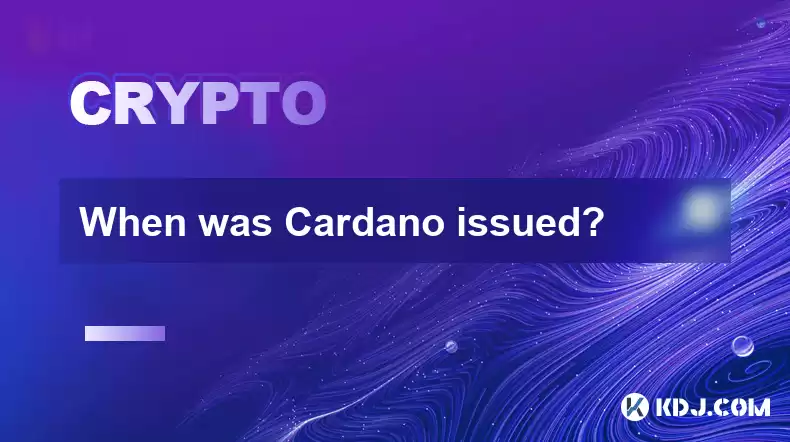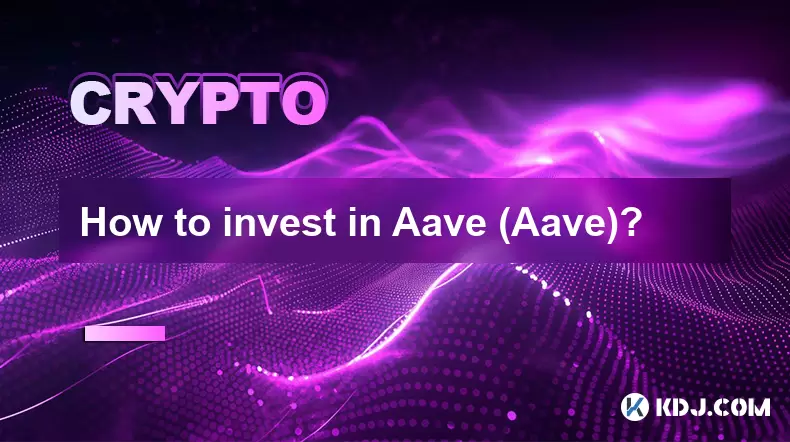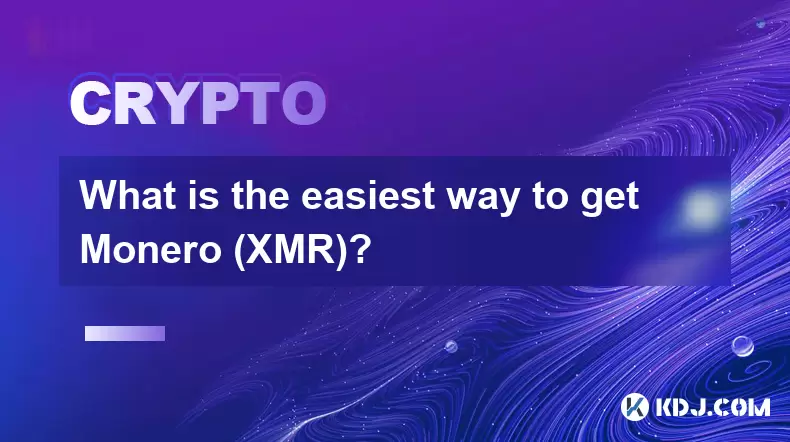-
 Bitcoin
Bitcoin $117400
1.88% -
 Ethereum
Ethereum $3867
5.29% -
 XRP
XRP $3.081
2.58% -
 Tether USDt
Tether USDt $1.000
0.03% -
 BNB
BNB $779.7
0.92% -
 Solana
Solana $171.8
2.11% -
 USDC
USDC $0.9999
0.01% -
 Dogecoin
Dogecoin $0.2172
5.80% -
 TRON
TRON $0.3413
1.41% -
 Cardano
Cardano $0.7641
3.06% -
 Hyperliquid
Hyperliquid $39.69
3.62% -
 Sui
Sui $3.731
6.73% -
 Stellar
Stellar $0.4125
3.55% -
 Chainlink
Chainlink $18.23
8.86% -
 Bitcoin Cash
Bitcoin Cash $579.5
1.41% -
 Hedera
Hedera $0.2538
4.02% -
 Ethena USDe
Ethena USDe $1.001
0.00% -
 Avalanche
Avalanche $22.81
2.82% -
 Litecoin
Litecoin $121.7
1.10% -
 UNUS SED LEO
UNUS SED LEO $8.962
-0.33% -
 Toncoin
Toncoin $3.324
2.94% -
 Shiba Inu
Shiba Inu $0.00001263
2.30% -
 Uniswap
Uniswap $10.24
4.95% -
 Polkadot
Polkadot $3.780
3.09% -
 Dai
Dai $1.000
0.03% -
 Bitget Token
Bitget Token $4.432
1.64% -
 Cronos
Cronos $0.1493
3.87% -
 Monero
Monero $256.7
-9.05% -
 Pepe
Pepe $0.00001092
3.99% -
 Aave
Aave $279.0
6.11%
When was Cardano issued?
Created in 2015, Cardano officially launched on September 27, 2017, after an ICO raising $62.5 million to develop a blockchain platform resolving the shortcomings of existing cryptocurrencies.
Feb 15, 2025 at 09:24 pm

Key Points:
- Cardano's Origin and Initial Timeline
- Developing a Solid Foundation: Cardano's Research and Development
- Ouroboros: Pioneering a Unique Proof-of-Stake Mechanism
- Smart Contracts and Decentralized Applications on Cardano
- Price History and Market Performance of Cardano
- Cardano's Governance Model and Community Engagement
- Impact of Vasil Hard Fork and Future Roadmap
When Was Cardano Issued?
Cardano was officially launched on September 27, 2017, after an initial coin offering (ICO) that raised approximately $62.5 million. The project was founded by Charles Hoskinson, a renowned cryptocurrency pioneer who also co-founded Ethereum.
Cardano's Origin and Initial Timeline
Cardano was conceived in 2015 as a blockchain platform designed to address the shortcomings of existing cryptocurrencies, particularly Bitcoin and Ethereum. The project aimed to build a more scalable, secure, and sustainable platform for decentralized applications.
Initially known as Project Hydra, Cardano underwent several phases of development. The Shelley upgrade, launched in 2020, introduced decentralized staking and governance mechanisms. The Alonzo upgrade, released in 2021, enabled smart contract functionality on Cardano.
Developing a Solid Foundation: Cardano's Research and Development
Cardano's development process emphasized academic research and rigorous testing. The project established strategic partnerships with leading academic institutions, including the University of Edinburgh and Kyoto University, to conduct peer-reviewed research on various blockchain concepts.
Cardano's research team focused on developing innovative and sustainable solutions for blockchain scalability, security, and interoperability. They published numerous scientific papers that contributed to the advancement of the field.
Ouroboros: Pioneering a Unique Proof-of-Stake Mechanism
Central to Cardano's design is the Ouroboros consensus mechanism, a proof-of-stake (PoS) protocol developed by the team. Ouroboros is designed to be more efficient and energy-efficient than proof-of-work (PoW) mechanisms used by Bitcoin and other legacy cryptocurrencies.
Unlike PoW, which relies on vast computational resources, Ouroboros employs a randomized leader selection process to verify and append transactions to the blockchain. This approach drastically reduces energy consumption and improves scalability.
Smart Contracts and Decentralized Applications on Cardano
With the Alonzo upgrade, Cardano introduced smart contract functionality, allowing developers to build and deploy decentralized applications (dApps) on the platform. Smart contracts on Cardano are written in Plutus, a purpose-built functional programming language designed for blockchain development.
The development of dApps on Cardano has gained momentum in recent years, with various projects emerging in decentralized finance (DeFi), non-fungible tokens (NFTs), and supply chain management. Cardano's smart contract platform provides a secure and reliable environment for dApp development.
Price History and Market Performance of Cardano
After its launch in 2017, Cardano's price experienced significant fluctuations, but it has emerged as one of the leading cryptocurrencies by market capitalization. The project's strong fundamentals and community support have contributed to its continued growth and stability.
In 2021, Cardano reached an all-time high of $3.10, driven by the excitement surrounding the Alonzo upgrade and the launch of multiple dApps. Since then, the cryptocurrency market has faced a downturn, and Cardano's price has adjusted accordingly.
Cardano's Governance Model and Community Engagement
Cardano's governance model is designed to ensure decentralized decision-making and community involvement. Cardano's treasury is managed by a diverse group of stake pool operators and elected community representatives, who vote on proposals and decide on future developments.
The Cardano community is actively involved in the project's governance and evolution. Cardano Improvement Proposals (CIPs) serve as a framework for community members to propose and discuss new features or protocol changes.
Impact of Vasil Hard Fork and Future Roadmap
In September 2023, Cardano underwent a major hard fork known as the Vasil upgrade. The upgrade brought significant performance improvements, enhanced concurrency, and reduced transaction fees. The impact of Vasil is expected to further strengthen Cardano's position as a leading blockchain platform for dApp development and decentralized solutions.
Beyond the Vasil hard fork, the Cardano team is actively working on future developments and enhancements, including:
- Hydra: A layer-2 scaling solution for increased transaction throughput
- Mithril: A new sidechain architecture for privacy-preserving applications
- Voltaire: A set of governance enhancements that introduce a treasury and voting system
FAQs:
- What is Cardano used for? Cardano is a blockchain platform used for decentralized applications, smart contracts, and custom token development. It is designed to be scalable, secure, and efficient, focusing on research and innovation.
- Who is the founder of Cardano? Charles Hoskinson is the founder of Cardano, a renowned cryptocurrency pioneer who also co-founded Ethereum.
- What is the consensus mechanism used by Cardano? Cardano uses a proof-of-stake (PoS) consensus mechanism called Ouroboros, which is designed to be more energy-efficient and scalable than proof-of-work (PoW) mechanisms used by Bitcoin and other cryptocurrencies.
- What is the native token of Cardano? The native cryptocurrency of Cardano is called Ada, named
Disclaimer:info@kdj.com
The information provided is not trading advice. kdj.com does not assume any responsibility for any investments made based on the information provided in this article. Cryptocurrencies are highly volatile and it is highly recommended that you invest with caution after thorough research!
If you believe that the content used on this website infringes your copyright, please contact us immediately (info@kdj.com) and we will delete it promptly.
- Pi Coin's dApp and AI Potential: Building a Decentralized Future
- 2025-08-08 02:30:12
- Ruvi AI Takes the Lead: Outshining Dogecoin on CoinMarketCap
- 2025-08-08 02:50:12
- Cryptos Under $1: Is Ripple Still the King?
- 2025-08-08 03:50:12
- Cold Wallet, Bonk Price, ICP Price: Navigating the Crypto Landscape in 2025
- 2025-08-08 03:56:12
- Memecoins, Low-Cap Gems, and the Hunt for 10,000x Gains: What's Next?
- 2025-08-08 02:50:12
- Bitcoin, Greenidge, and Liquidity: Navigating the Crypto Currents in NYC
- 2025-08-08 02:30:12
Related knowledge

Where can I buy UMA (UMA)?
Aug 07,2025 at 06:42pm
Understanding UMA and Its Role in Decentralized FinanceUMA (Universal Market Access) is an Ethereum-based decentralized finance (DeFi) protocol design...

What exchanges support buying IOTA (MIOTA)?
Aug 07,2025 at 09:58pm
Understanding the Role of Private Keys in Cryptocurrency SecurityIn the world of cryptocurrency, private keys are the cornerstone of ownership and con...

What is the best app to buy EOS?
Aug 07,2025 at 04:35pm
Understanding EOS and Its Role in the Cryptocurrency EcosystemEOS is a blockchain platform designed to support decentralized applications (dApps) with...

What platforms support buying Fantom (FTM)?
Aug 08,2025 at 01:56am
Overview of Fantom (FTM) and Its EcosystemFantom (FTM) is a high-performance, scalable, and secure layer-1 blockchain designed to overcome the limitat...

How to invest in Aave (Aave)?
Aug 08,2025 at 01:07am
Understanding Aave (AAVE) and Its Role in DeFiAave is a decentralized finance (DeFi) protocol that enables users to lend, borrow, and earn interest on...

What is the easiest way to get Monero (XMR)?
Aug 08,2025 at 02:56am
Understanding Monero (XMR) and Its Privacy FeaturesMonero (XMR) is a privacy-focused cryptocurrency that ensures complete anonymity in transactions th...

Where can I buy UMA (UMA)?
Aug 07,2025 at 06:42pm
Understanding UMA and Its Role in Decentralized FinanceUMA (Universal Market Access) is an Ethereum-based decentralized finance (DeFi) protocol design...

What exchanges support buying IOTA (MIOTA)?
Aug 07,2025 at 09:58pm
Understanding the Role of Private Keys in Cryptocurrency SecurityIn the world of cryptocurrency, private keys are the cornerstone of ownership and con...

What is the best app to buy EOS?
Aug 07,2025 at 04:35pm
Understanding EOS and Its Role in the Cryptocurrency EcosystemEOS is a blockchain platform designed to support decentralized applications (dApps) with...

What platforms support buying Fantom (FTM)?
Aug 08,2025 at 01:56am
Overview of Fantom (FTM) and Its EcosystemFantom (FTM) is a high-performance, scalable, and secure layer-1 blockchain designed to overcome the limitat...

How to invest in Aave (Aave)?
Aug 08,2025 at 01:07am
Understanding Aave (AAVE) and Its Role in DeFiAave is a decentralized finance (DeFi) protocol that enables users to lend, borrow, and earn interest on...

What is the easiest way to get Monero (XMR)?
Aug 08,2025 at 02:56am
Understanding Monero (XMR) and Its Privacy FeaturesMonero (XMR) is a privacy-focused cryptocurrency that ensures complete anonymity in transactions th...
See all articles

























































































